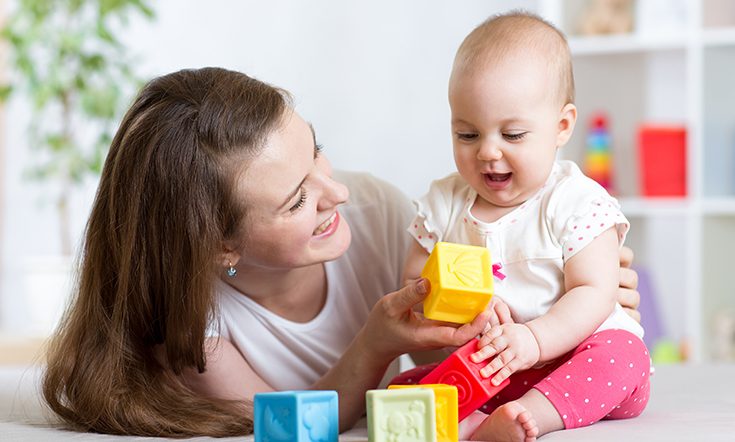

Every eager parent watches their child with excitement, as they grow and reach their milestones. Reaching those milestones is an important part of a child’s development but there is a strong focus on milestones related to gross motor skills. It’s worth giving equal focus to fine motor skills as they have a surprising impact on childhood development.
Fine motor skills are the skills that involve the smaller limbs, such as arms, hands and fingers. Examples of fine motor skills are being able to hold an object and pass it from hand to hand, pick up a small object off the floor, hold a sipper-cup and give themselves a drink.
As a child grows these fine motor skills are essential for what will become their ability to self-care – mastering fine motor skills sets them up for dressing themselves, feeding themselves, holding a pencil, and in the long run, writing. So while achieving the gross motor skill milestones is important, it’s worth investing time in nurturing fine motor skills, as these skills are key to your child exploring the world and gaining independence.
Fine motor skills are attached to basic survival skills such as eating and drinking, as well as being linked to educational outcomes. Neglected fine motor skills can interfere with the ability to hold a pen properly and possibly with hand writing in the school years. Fine motor skills also hone hand-eye coordination, so if you have high hopes for a tennis or golf champion, fine motor skills is the place to start!
Unlike gross motor skills, a child’s ability depends upon what degree their parent or care-giver exposes them to opportunities to learn. For example, you won’t be able to stop a baby from rolling, or from crawling or walking when they are ready. But if a child is only ever spoon-fed, and not given finger food to pick up, hold and pass from hand to mouth, self-feeding skills may be delayed.
In the first 12 to 18 months of life, it’s expected that a baby will have mastered the following fine motor skills:
- Point with their pointer finger
- Build a tower with two blocks
- Use two hands to hold a toy
- Hold a crayon in a fist clasp, to scribble on paper
- Hold a cup and drink (with limited coordination)
- Take their socks off (but not be able to put them on)
- Put a hat on their head, and take it off.
It is worth remembering that all children develop at different stages and the spectrum for achieving milestones can be quite broad. However, if you have any concerns speak to your MCH Nurse or your GP.























